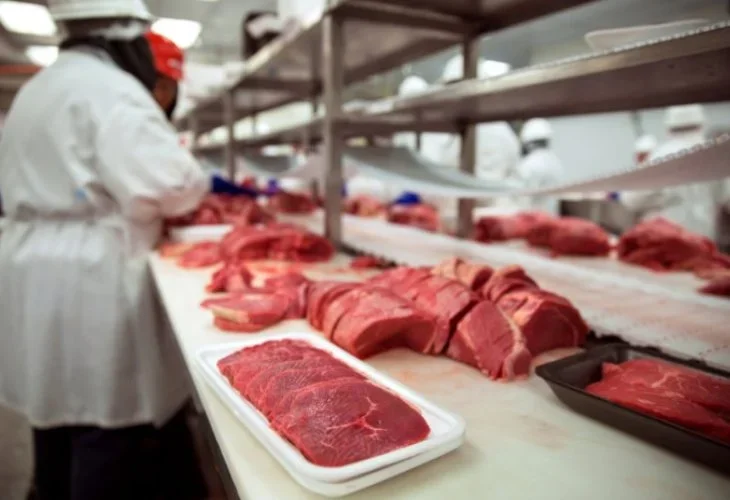Health and Nutrition
Is Red Meat Increasing Your Cancer Risk? New Research Explains the Facts
Excessive red and processed meat consumption is linked to a higher risk of colorectal cancer and other diseases
 (Photo: shutterstock)
(Photo: shutterstock)In recent years, there has been growing attention on the health implications of red meat consumption and its link to an increased risk of various types of cancer. A recent study has presented further evidence that reinforces previous findings: red meat, including beef and lamb, can be a significant risk factor when consumed in large quantities.
Red meat is defined as meat derived from mammals. It is rich in heme iron, which is efficiently absorbed by the body, but this form of iron can trigger oxidative reactions that damage cells, particularly in intestinal tissues. Processing methods such as curing, smoking, and adding preservatives create carcinogenic compounds like nitrates and nitrites, which are known to increase cancer risk, especially colorectal cancer.
Cooking meat at high temperatures — such as grilling, frying, or roasting, produces carcinogenic compounds that damage cells. These harmful substances form when the proteins in meat are overheated.
Some researchers emphasize that the quality of the meat and the cooking method significantly influence health risks. Studies from Harvard University note that observational studies do not establish definitive causality, making the differences in meat quality and preparation important factors to consider.
A landmark report by the International Agency for Research on Cancer (IARC) of the World Health Organization (WHO) in 2015 classified processed meat (such as sausages and deli meats) as a Group 1 carcinogen. The report reviewed data from over 800 studies worldwide, indicating that processed red meat consumption is linked to a higher risk of various cancers, primarily colorectal cancer. According to the findings, consuming 50 grams of processed meat per day increases the risk of colorectal cancer by approximately 18%.
Another study, published in 2012, focused on the impact of red meat consumption on mortality and disease risk, including cancer. It found that eating one serving of red meat per day increased the risk of cancer by about 10%, while also indicating a heightened risk of developing heart disease and other chronic illnesses.

